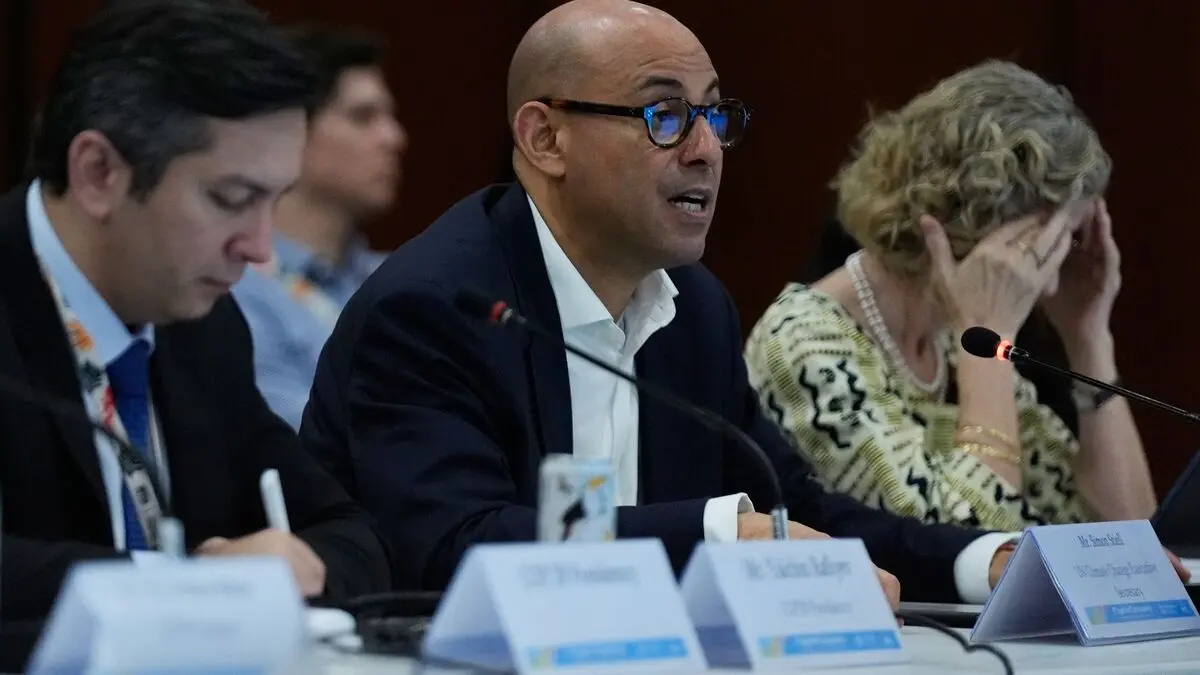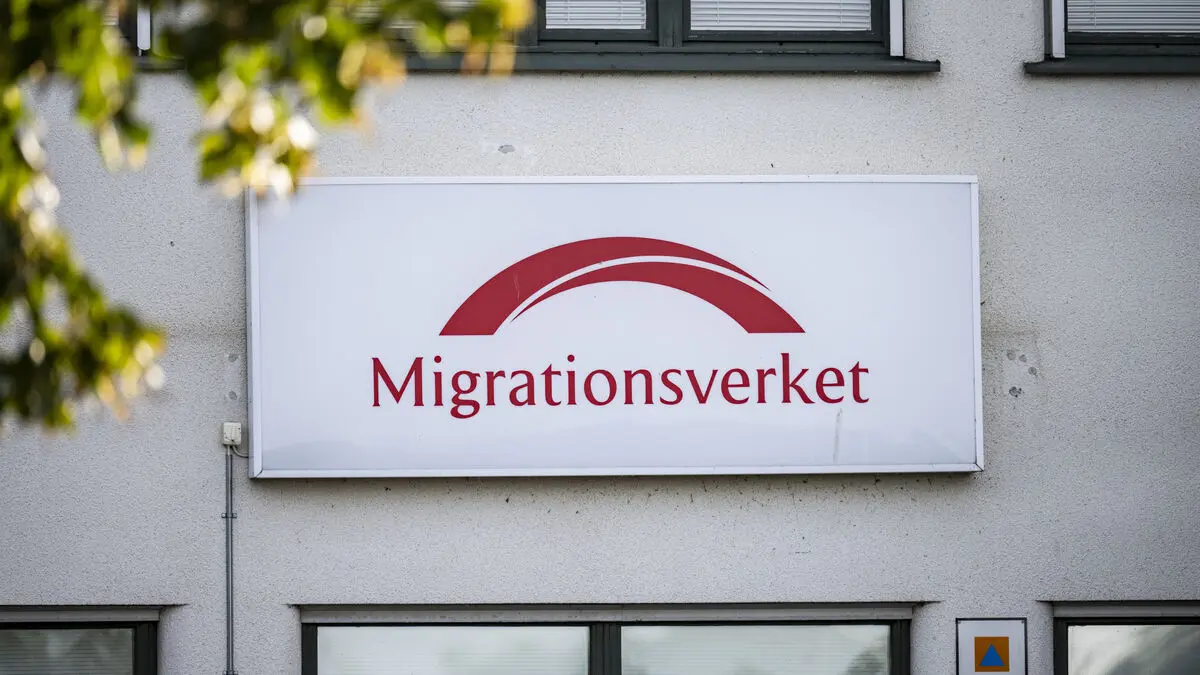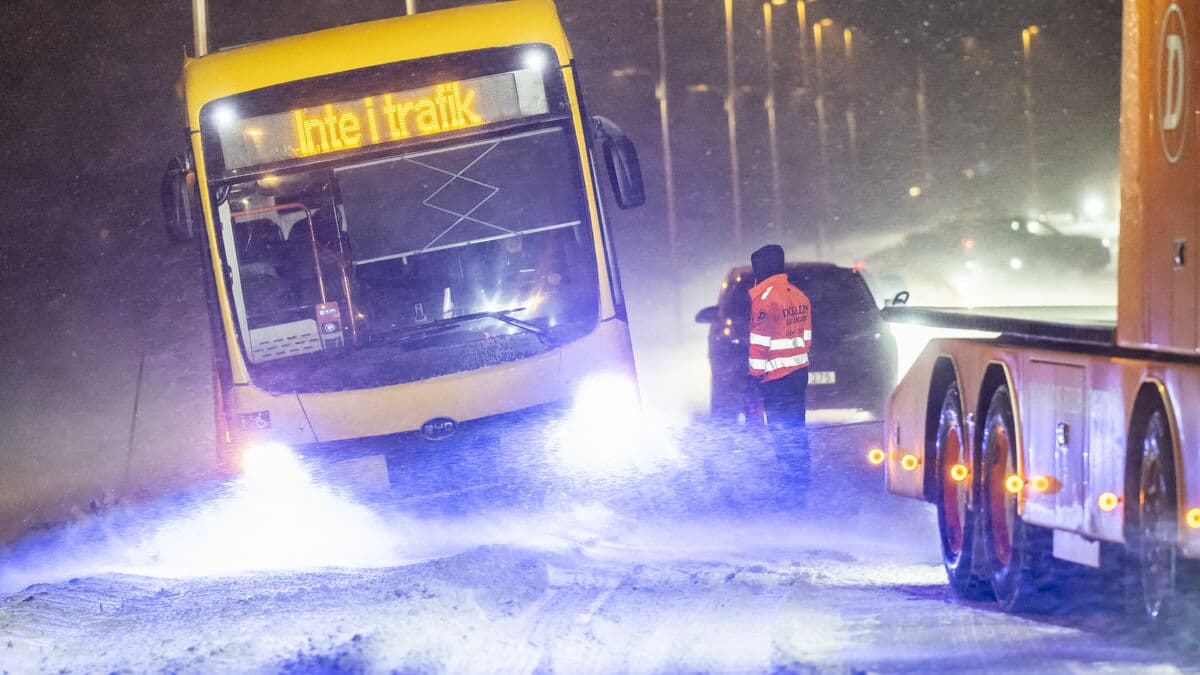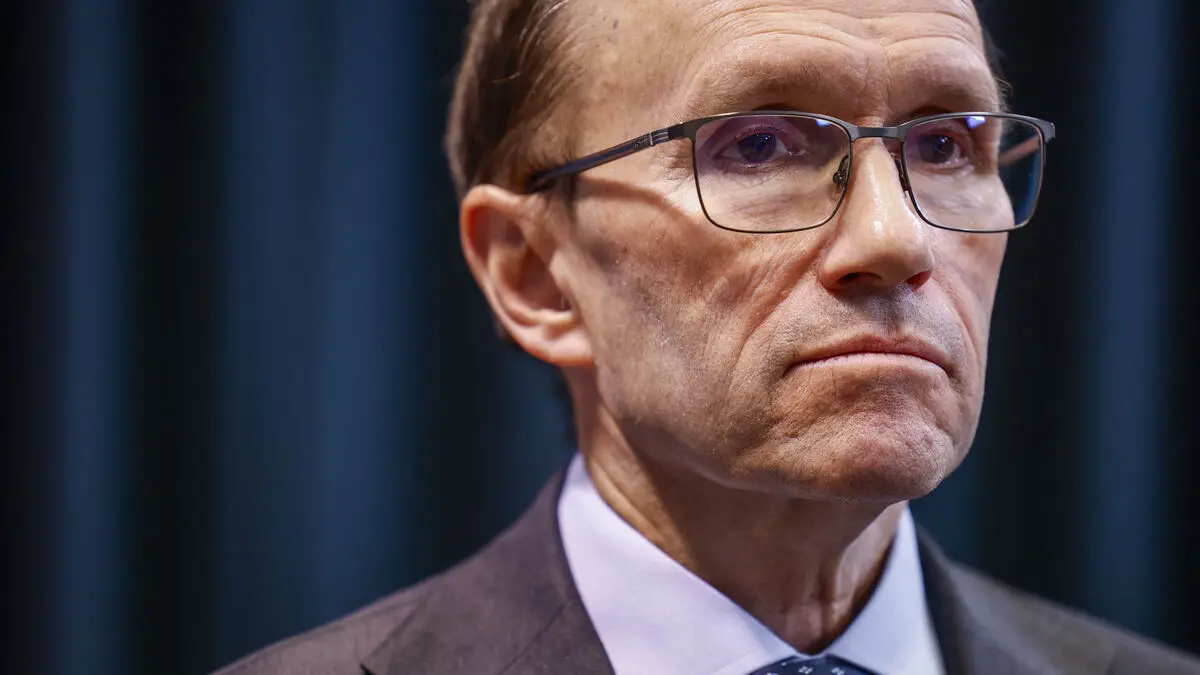It is more the rule than the exception that meetings continue into overtime, but UN climate chief Simon Stiell urges negotiators not to drag out the time.
"I urge you to quickly address the most difficult issues," he says, emphasizing that everyone loses if the negotiations drag on.
-We absolutely cannot afford to waste time on tactical delays or obstruction.
Three questions
There are three key issues where the negotiations in Belém, Brazil, risk coming to a standstill.
India and China, among others, want COP30 to adopt a decision against unilateral trade barriers – a jab at CBAM, the EU's carbon tax on imports of carbon-intensive goods such as steel, aluminum and fertilizers.
EU Climate Commissioner Wopke Hoestra defends the tax.
- Pricing carbon dioxide is something we must push forward with as many people as possible, as quickly as possible, he says.
Vulnerable island nations
Several forecasts show that the world will not be able to limit global warming to 1.5 degrees without stricter climate commitments.
A number of island nations, supported by the EU and Latin American countries, believe that COP30 must respond to the forecasts, while large emerging countries such as China and Saudi Arabia do not want a text that suggests they are not doing enough to slow climate change.
The third contentious issue is described as an attempt by developing countries to point the finger at rich countries for not contributing sufficient funding to help with climate change adaptation and emission reduction.






